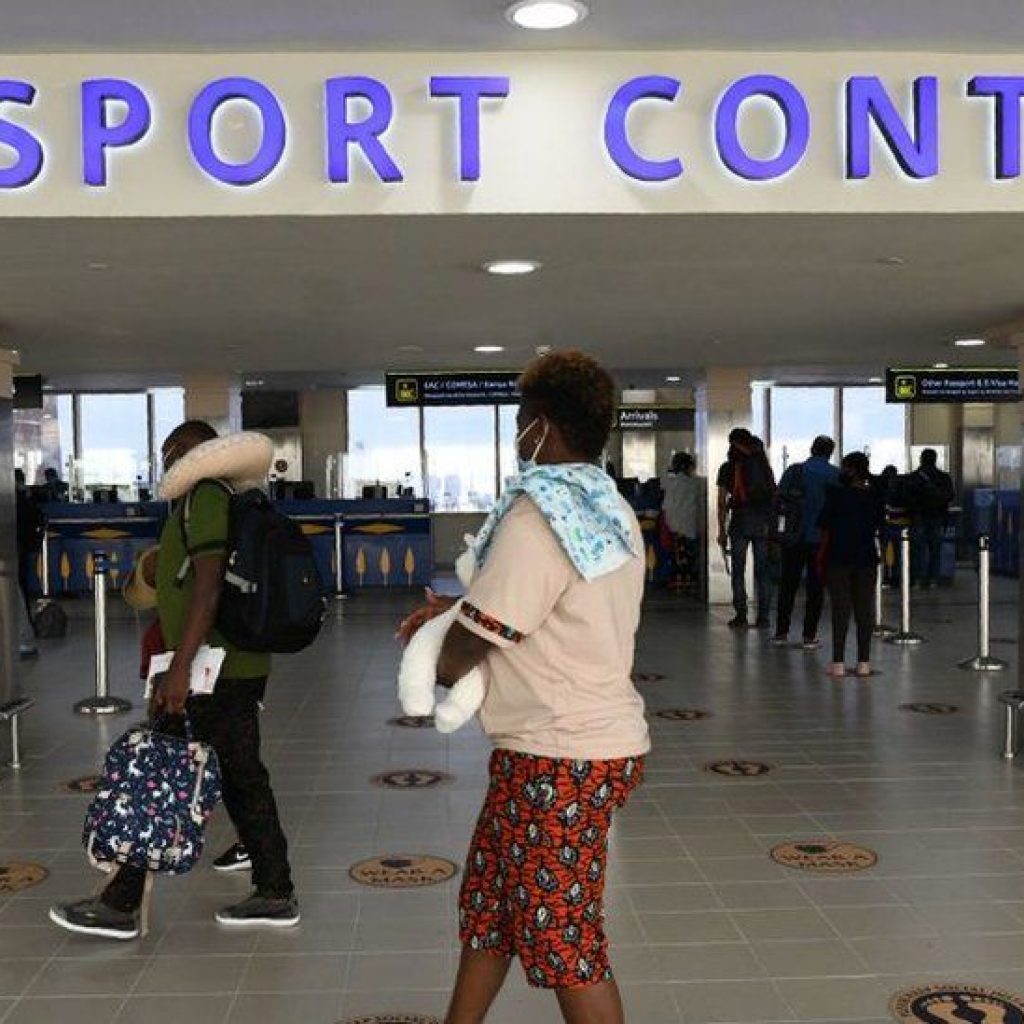
Departing travelers: Outgoing travelers must obtain a negative COVID-19 certificate in accordance with the trusted Traveler (TT) Initiative (www.africacdc.org/trusted-travel) and the PanaBios system (www.panabios.org). Travelers who intend to depart Kenya must first visit an authorized laboratory (according to the government of Kenya, all PCR COVID-19 testing laboratories are now part of the TT system), obtain a PCR COVID-19 test with a negative result, and be issued a TT code that be verified by airlines and immigration authorities. The traveler will receive a text message (SMS) from PanaBios as well as an email from the testing laboratory and/or from admin@panabios.org with a link to guide the traveler on how to generate a Travel Code at trustedtravel.panabios.org. If the test results meets Kenya’s exit requirements, a Travel Code is issued to the traveler online. All COVID-19 testing laboratories, starting on Saturday, January 9, 2021, must use the TT process when issuing COVID-19 testing certificates.
There have been some recent cases where travellers have not been asked for TT Codes on entry to Kenya. We have seen nothing official that says TT Codes are no longer needed for entry at this time. We recommend continuing to comply and getting a TT Code generated for entry to Kenya. If you have issues with PANABIOS/Global Haven – take a screen shot/photo to show Port Health Authorities on arrival in case you are asked to show that you have attempted to comply and there was a problem with the system. TT codes for exiting Kenya are a must.
International Travellers Health Surveillance form
As before, this form needs to be filled https://ears.health.go.ke/airl
If a QR code has not been received after submission of a form, on arrival in Kenya you can give Port Health Authorities your registered phone number and passport to retrieve the QR Code.
Passenger Locator form
ALL passengers on schedule or private air charter, departing or landing at a manned airstrip with Port Health Authorities e.g. Wilson/Kisumu/Malindi/Diani/Mo
For example. There are required fields to fill with drop down options specific to Kenya which clearly do not apply if you are a permanent resident outside of Kenya. Suggestion, at this time, is to fill details as best you can where there is a required field e.g. choose County – Nairobi and Sub County – Langata as options, in order to complete the form to generate the QR code.
Passengers from/to unmanned bush strips do not need these QR codes at this time. E.g. Lewa to Mara – the QR code is not needed as there are no Port Health Officials present at either airstrip who would be asking for the QR code.
Passengers flying from the Mara to Ukunda would need to fill a form and on return from Ukunda to Wilson they would need to fill out another form. This because there are Port Health Officials at both of these manned airstrips.
Instructions:
* iPhone users should use Chrome or Firefox web browser when accessing the link https://ears.health.go.ke/loca
* If using the Jitenge App, which is accessible by Android users only, a login in page will appear requiring travellers to sign up for an account. Among the four options that will appear, travellers are instructed to select the ‘air travellers’ option.
* All the mandatory fields starred in red must be filled. Upon submission, a QR code will be sent to the traveller’s email address. NOTE: Fill in the “date of arrival in Kenya” as the date of arrival at the domestic port (Wilson and/or Kisumu).
* Android users unable to access their QR code via email can log in to their accounts via the Jitenge App and input the telephone number they used during registration as well as their Passport/ID number. Select the QR code that pops up in their name, screenshot and present at the Health desk.
* iPhone users unable to access their QR code via email should check their system’s download folder or present their telephone number, and passport number/ID at the port health desk to retrieve the QR code.
COVID testing
We are hearing of new requirements from the MOH regarding in country COVID-19 sample collection procedures. These are yet to be fully rolled out and expectation is this will happen in a few weeks’ time. At this time The Pumba Collection in the Mara is the first test provider that we know of that is requiring clients to fill out the form prior to testing.
From The Pumba Collection below.
As per the new revised guidelines from the Ministry of Health (MOH) and Tourism Department, Kenya has initiated a new process for Covid-19 Testing. The basic steps for any sample collection for Covid-19 in Kenya involves the following process:
This has to be done by the patient/traveler himself/herself before we arrive to take the test samples.
1. Each of the traveller/travellers or patients’ needs to login in to “Jitenge MOH Kenya” App or “https://sr.sandbox.health.go.
2. Login is OTP based and after the successful validation, he/she needs to fill the complete form ONLINE on the test date.
3. At the end of successful submission, the traveller will get an alphanumeric code e.g. DQXJ11.
4. Please share this alphanumeric code to the person that is taking the samples. This code is needed to generate the TT code.
5. Also note that this form needs to be filled by the patient/traveler himself/herself on the test date.
6. Please note that as of June 20th, these are the new rules.
It is suggested clients note down the alphanumeric code and ensure the technician collecting samples has also noted them down correctly.
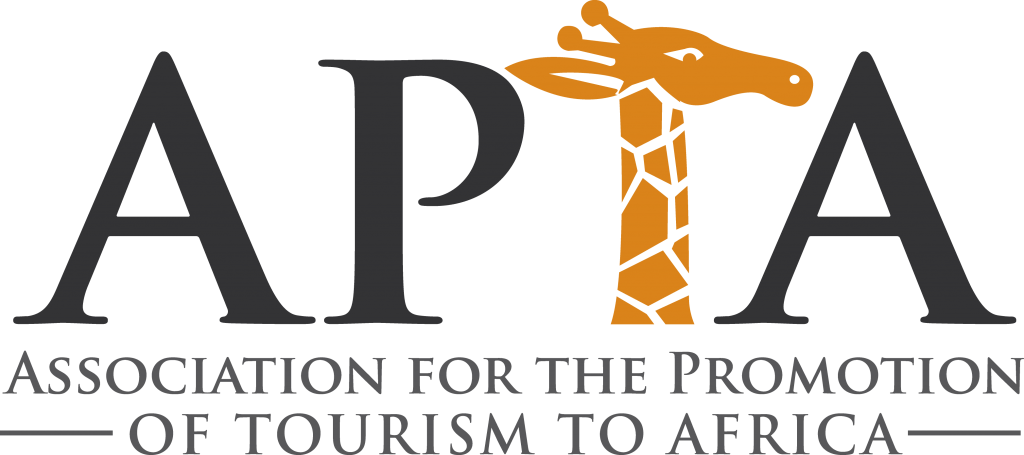

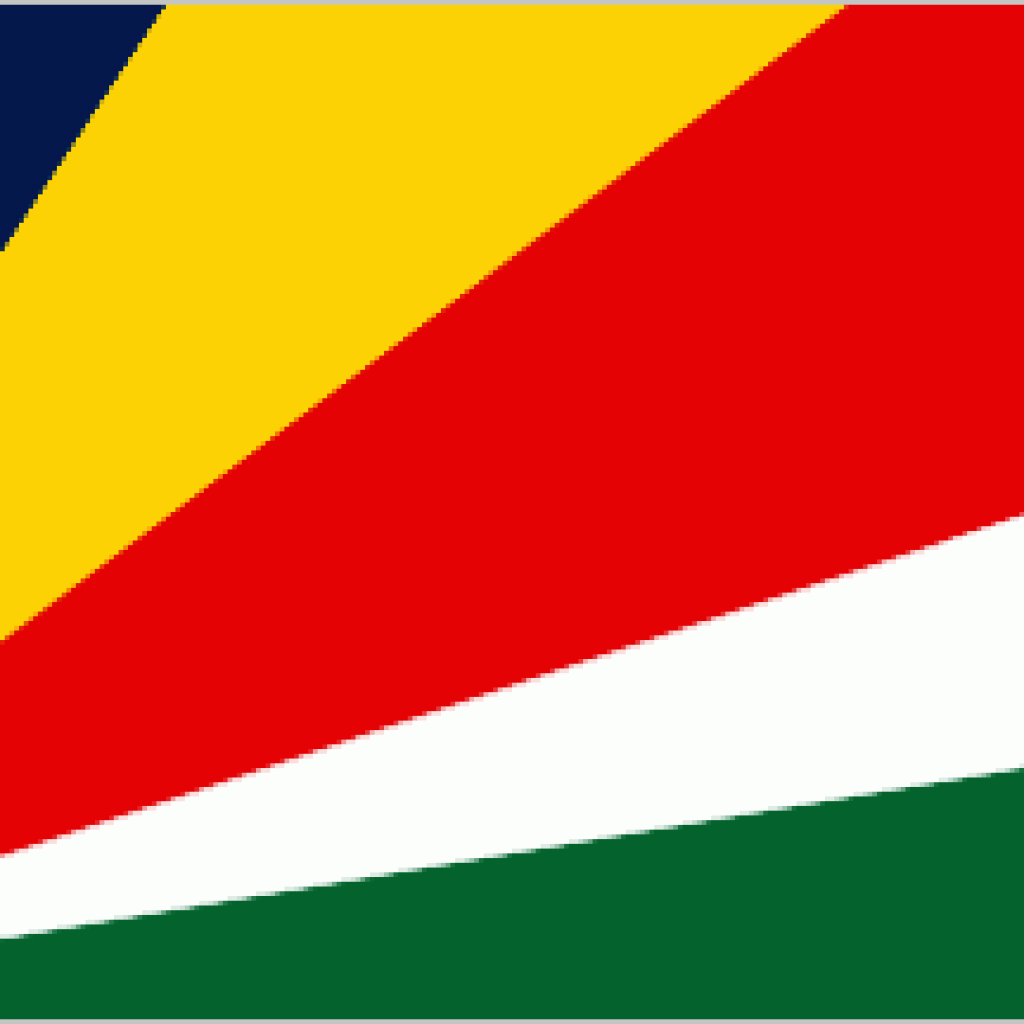
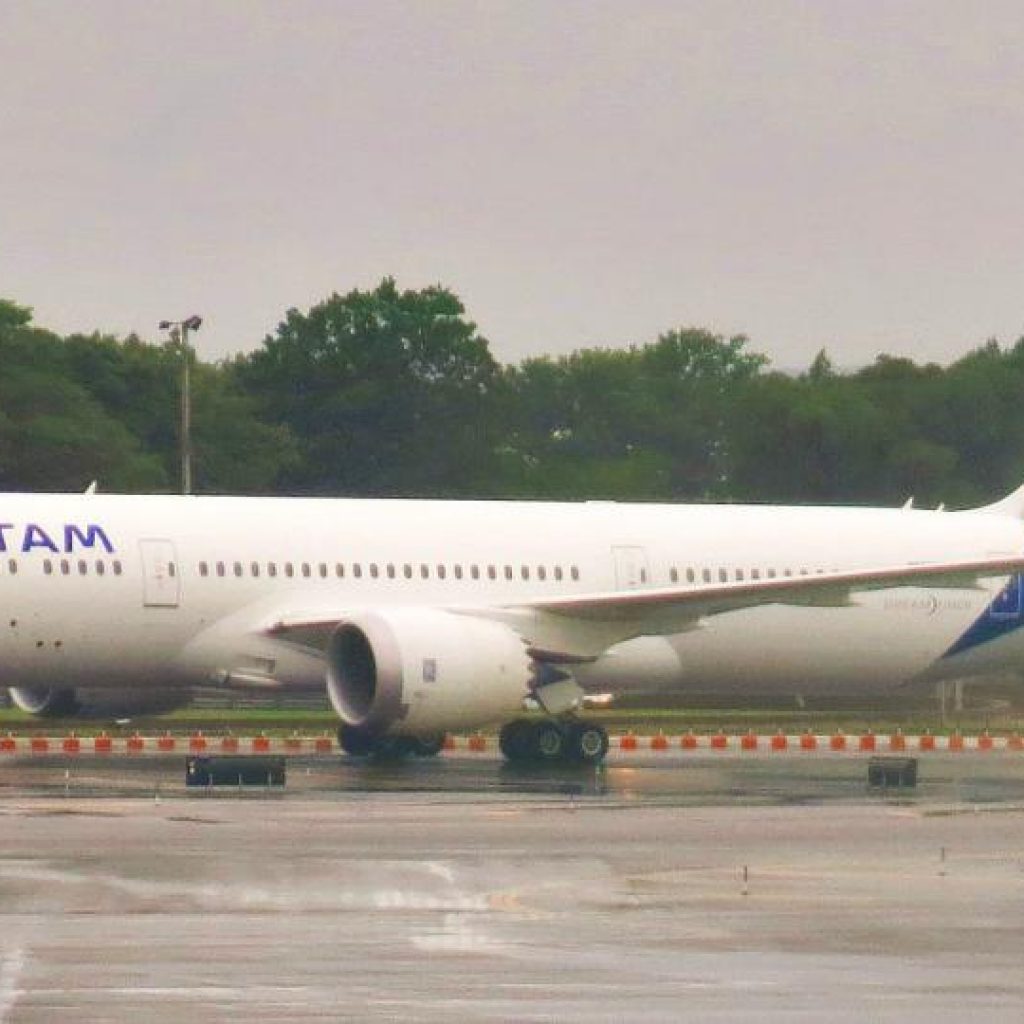
About The Author: David DiGregorio
More posts by David DiGregorio